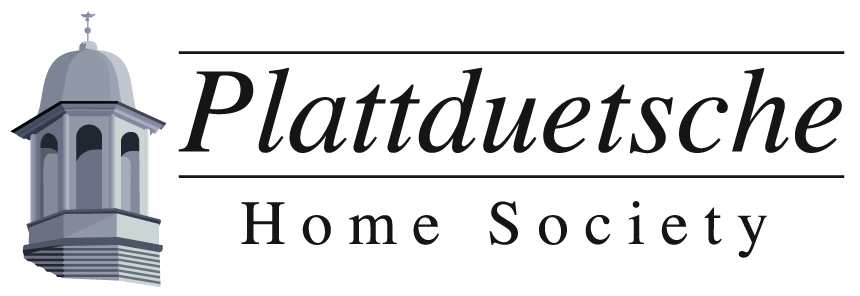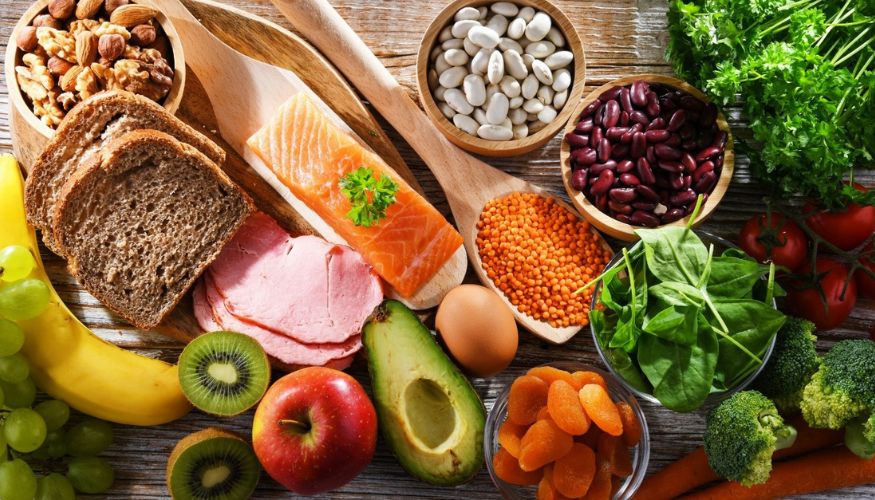There is no denying the importance of eating a well-balanced diet for everyone. However, as we age, the nutritional needs of older adults and their diets will need to be adjusted. Factors like less physical activity, lower metabolism, health conditions, and medication interactions greatly impact nutritional planning. If you are at an assisted living facility such as Plattdeutsche Home Society, you will have assistance from the chef and staff to ensure that your dietary needs are met. If you don’t have this level of support, here are some guidelines you can follow on your own.
5 Ways to Meet the Nutritional Needs of Older Adults
It is essential to know what you should and shouldn’t eat and how it can benefit your health. Along with some general healthy eating tips, here are some dietary recommendations you should consider following:
1. A Fiber-Rich Diet
The prime function of fiber is to assist with maintaining a healthy digestive system. It aids in healthy bowel movements and reduces the risk of constipation, high cholesterol and blood sugar, and other stomach problems. Grains are an excellent choice for fiber. Whole wheat, brown rice, quinoa, and oats are great healthy grains high in fiber. You can also find good sources of fiber in fruits, vegetables, nuts, legumes, and beans. Some medical conditions may preclude certain fiber sources, such as diabetes, so read those labels carefully.
2. Eating Enough Protein
We lose 30 to 50 percent of our muscle mass between ages 40 and 80. Maintaining our strength as we get older is vital in performing everyday tasks. Protein plays a primary role in the nutritional needs of older adults. Ensuring that we have our Recommended Dietary Allowance of protein helps our body heal from injury or illness and maintain skin durability and organ health. Foods high in protein are; eggs, beans, salmon, Greek yogurt, cheese, and protein supplement powders and drinks. If you are trying to be heart-healthy, avoid protein sources high in bad cholesterol.
3. Vitamin B-12 Intake

Vitamin B-12 plays a significant role in our body’s production of red blood cells and in providing energy. Sufficient levels of B-12 also help to lower the risk of osteoporosis by helping to increase bone density. Therefore, eating fortified foods such as breakfast cereals, eggs, bread, low-fat milk, almonds, and yogurt is essential. In addition, you can find great sources of Vitamin B-12 in salmon, tuna, shrimp, and chicken breasts, and when recommended by your doctor, there are vitamin B-12 supplements that you can take.
4. The Importance of Calcium and Vitamin D
Calcium is the key to healthy bones and teeth, and vitamin D is pivotal in helping your body absorb it. We also know that Vitamin D aids in regulating inflammation, muscle health, and immune systems. We can get calcium from most dairy products, edamame peas, almonds, and leafy greens. As for vitamin D, you can find it in such foods as oily fish like salmon, red meat, liver, or egg yolks. However, natural sunlight is your best source of Vitamin D.
5. Another Round of Water
No matter your age, drinking enough water is vital to everyone. It is necessary for the transportation of nutrients through the body, the functioning of our digestive system, preventing dehydration, and helping to regulate our body temperature. Unfortunately, as we age, it becomes more difficult for our bodies to store water, and we need to account for that. Additionally, with the medications we will likely add to our daily routines, hydration will become even more critical to maintain.
Valuable Plans for Invaluable Results

With this information and the guidance of physicians, you can quickly meet the nutritional needs of older adults. Planning a detailed shopping list and establishing a daily meal routine at home will help to cover your bases. If you are a resident of Plattduetsche Home Society, the chef, and his staff will know your dietary needs and prepare meals that meet your nutritional needs.
Contact us today to learn more about our services.



